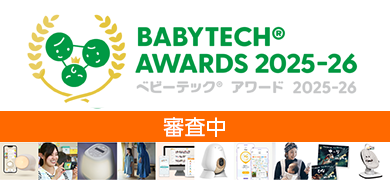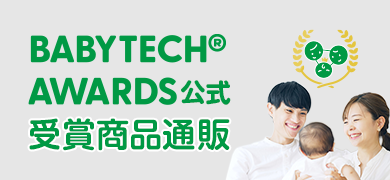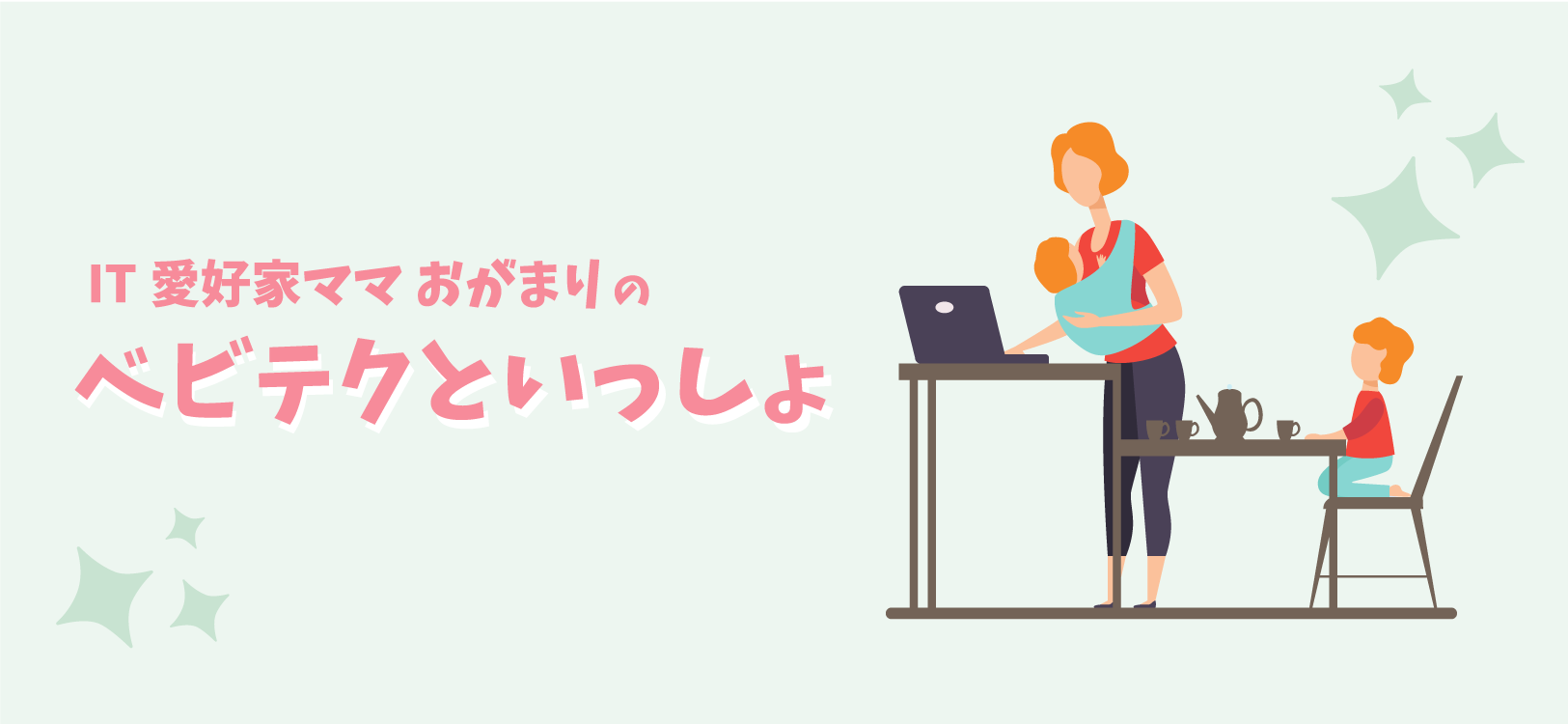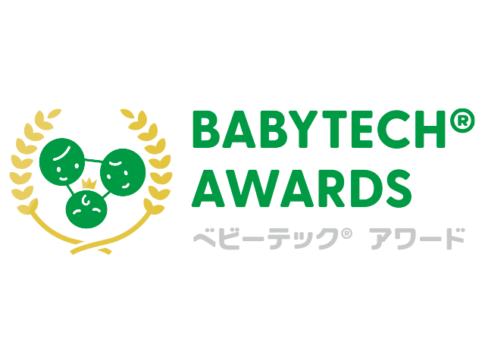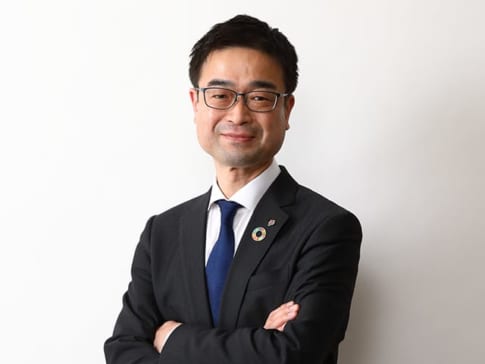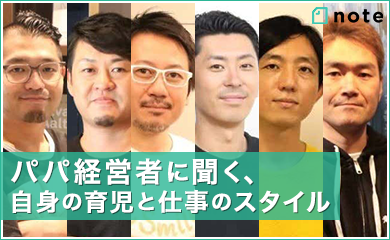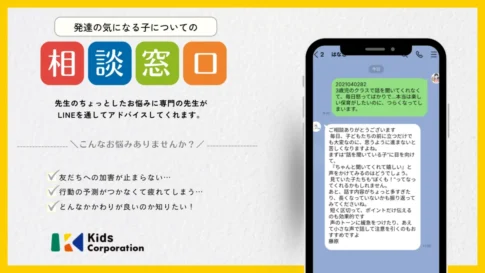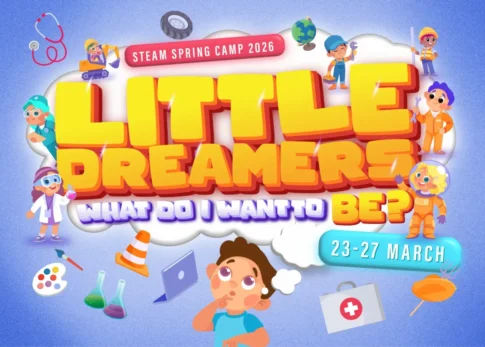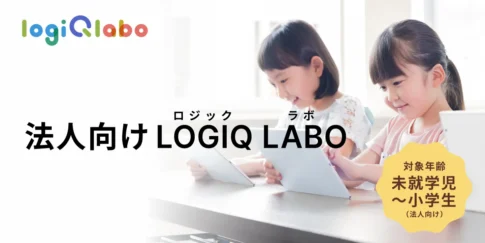Proven effectiveness in improving academic achievement, IQ, and non-cognitive abilities
- The following is content from the press release -
Think! Think!", an educational application provided by WonderPhi Inc. (Head Office: Chiyoda-ku, Tokyo; Representative Director: Kei Kawashima) that fosters the ability to think, surpassed 3 million users in April 2024.
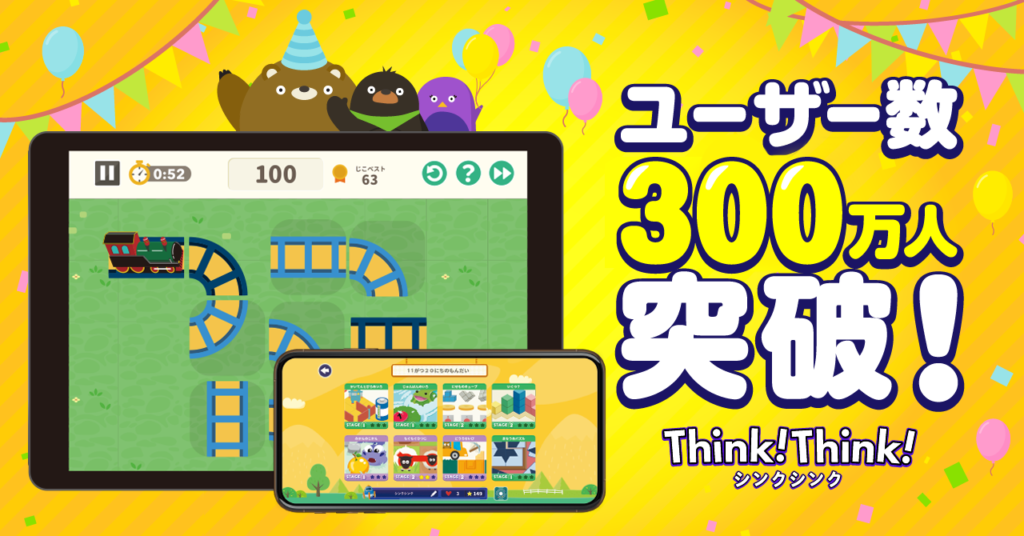
Think Think Think, an educational application that fosters thinking skills
Think Think" is an educational application based on WonderPhi's mission "to bring out the intellectual excitement that children around the world inherently possess.
The app was launched in 2016 on various app stores as a fun and comprehensive way to learn the five areas (spatial awareness, plane awareness, trial-and-error, logic, and numerical processing) that form the foundation for developing thinking skills, and in April 2024, the total number of users exceeded 3 million.
It has received high acclaim both in Japan and abroad, including an App Award from Google and a Kids Design Award, and is loved by children in 150 countries around the world, transcending language barriers.
Think Think" Official HP:https://think.wonderfy.inc/
The reason why people choose us is our proven effect on "academic achievement/IQ" and "non-cognitive skills
Results of a demonstration experiment conducted in Cambodia in 2022,ThinkThink improves cognitive skills such as math achievement and IQ, and non-cognitive skills such as self-esteem and learning time.It has been demonstrated that
Effects on Academic Achievement and IQ
- 2.87 point increase in deviation on the 4th grade International Mathematics and Science Education Trends Survey (TIMSS)
- 7.17 point deviation improvement in 5th grade IQ score (Tanaka B formula)
- 3.28 point improvement in deviation on the 6th grade National Assessment Test (NAT)
It should be noted that these results are significantly more effective than the results of computer-assisted education experiments conducted in other countries, and are equally effective regardless of the gender of the children, their grade level, or the educational background of their parents.

Effects on "non-cognitive skills"
- 0.136 standard deviation improvement in intrinsic motivation
- Self-esteem improved 0.122 standard deviations
- Increased study time by 8.125 minutes
These results indicate that Think Think has produced meaningful results in the area of non-cognitive skills, which are extremely important in education, but for which it is difficult to prove effectiveness.

Demonstration Experiment in Cambodia
The demonstration in Cambodia has been conducted by JICA and Nakamuro Laboratory at Keio University since 2018 as an effectiveness test for considering the introduction of ThinkThink into the national curriculum in Cambodia.
In a demonstration experiment conducted in 2018, a total of 1,636 children (grades 1-4) from five model schools were tested over a period of three months, demonstrating a statistically significant increase in cognitive ability as measured by math achievement tests and IQ tests for the children in the program.
Based on the results of the previous experiment in 2022, which demonstrated positive effects on cognitive abilities, we expanded the number of model schools to nine and conducted a 10-month experiment with a total of 3,300 children (mainly 4th to 6th graders). The results demonstrated that Think Think has a positive effect not only on cognitive abilities but also on non-cognitive abilities (e.g., self-esteem and motivation).
For more information on the demonstration experiment, please see the article below.
https://wethink.wonderlabedu.com/2024/05/31/2024-05-31-wf20240531
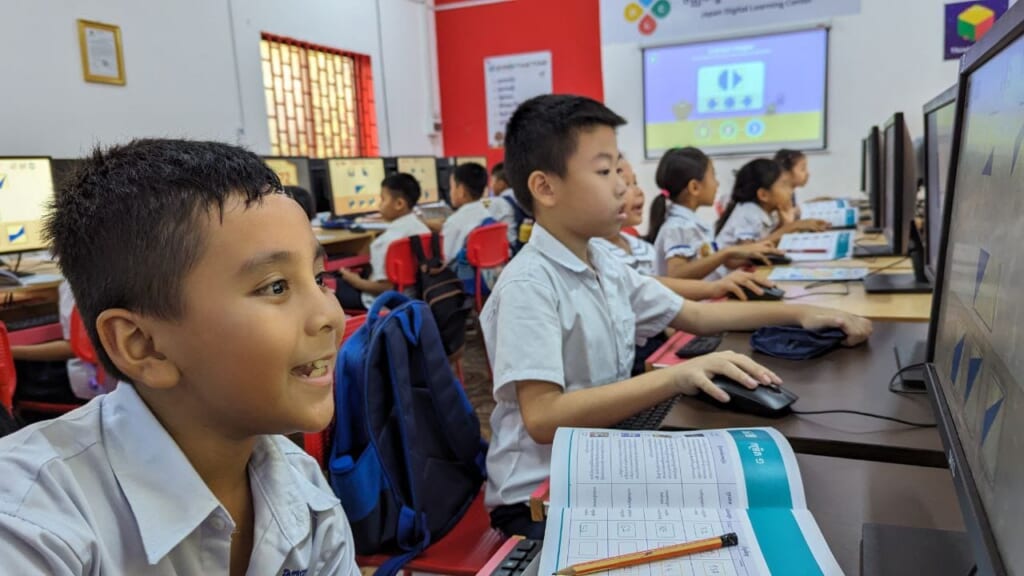
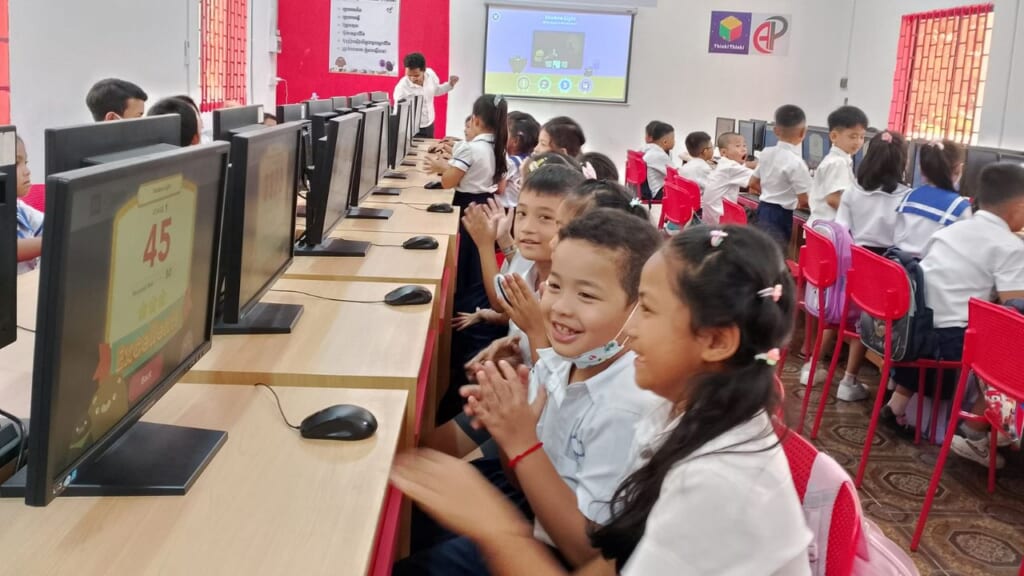
Comments by Nakamuro Laboratory, Keio University on this demonstration experiment
Our laboratory was responsible for an external evaluation of the effect of think-think on academic achievement in a public elementary school in Cambodia with approximately 3,300 students.
When implementing the Think Sync study, a baseline survey was conducted before implementation and an endline survey was conducted after implementation to measure effectiveness. The analysis method was a Randomized Controlled Trial (RCT), and the results were compared and evaluated between a Think Sync implementation group (Treatment Class) and a control group (Control Class) that received only the assessment.
In this study, we conducted an effectiveness test and found significant effects on cognitive abilities in grades 4 through 6, as well as on intrinsic motivation, self-esteem, and learning time among non-cognitive abilities. The fact that significant and large effects were confirmed for both cognitive and non-cognitive abilities suggests that if think-think-learn can be implemented for a sufficient amount of time in a normal learning environment, the expected effects will be realized.
No members of our laboratory involved in this analysis have received any financial compensation, research grants, or stock from WonderPhi, and there are no patents pending, so there are no conflicts of interest to disclose.
Makiko Nakamuro
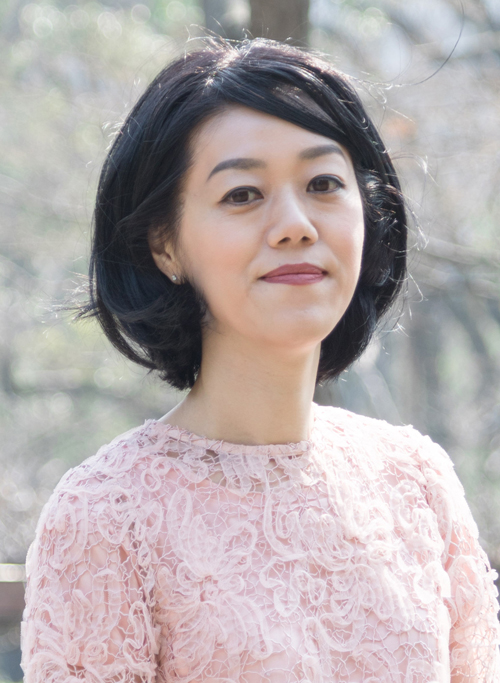
Professor, Faculty of Policy Studies, Keio University.
After graduating from Keio University, he worked for the Bank of Japan and the World Bank before assuming his current position. D. from Columbia University. D. from Columbia University. Specializes in the economics of education. He is also a member of the Industrial Structure Council and the Council for Promoting Regulatory Reform.
His books include "The Economics of 'Academic Achievement'" (Discover Twenty-one), which won the Business Book Award 2016 Runner-up Prize and sold over 300,000 copies, and "The Economics of 'Cause and Effect'" (co-authored, Diamond Inc.), which was ranked No. 1 Best Economics Book in Weekly Diamond 2017.
What "Think Think" Alumni Are Saying
Twin siblings attending Kyoiku Gakuen Makuhari Junior High School and Hongo Junior High School

I used "sink sink" in first through fourth grade.
The music and tempo of "Think Think" were good, and the variety of problems kept me engaged.
I am now a junior high school student and have started studying mathematics. I am good at figures, and I think it is thanks to the Think Think Think thinking problems. I am also making good use of the associative questions in "Think Think Think" in discussions and reports.
The more you enjoy Think Think, the more you will enjoy in the future!
Parents

When the children started "Think Think", they became curious and liked solving math problems. I think they are now able to enjoy working on thinking problems in particular.
Upcoming Events and Advance Information Registration

Children who enjoy "Think Think" apps on a daily basis will get together in a real setting for an "intellectually exciting" festival with others.
- Description: A competition in which students are divided by school age and challenged with special mix problems.
- Date: Sunday, August 25, 2024
- Time: about 1.5 hours per school year
- Venue: Meguro-ku, Tokyo
- Participants: Junior high school to elementary school students
- Cost: 2,000 yen (tax included)
Registration will open around the end of June. Applications will be accepted on a first-come, first-served basis, so we have created an advance registration form. Those who register on this form will receive a special advance registration information e-mail before the general registration opens!
Registration Deadline: Sunday, June 23, 2024
Advance Information Registration Form:bit.ly/3R3lbBF
About WonderPhi Inc.

WonderPhi is a company that develops and operates educational materials and content to bring out the "intellectual excitement" in children around the world, including Wonderbox, a new correspondence course for STEAM education, and Think ThinkSync, an application for fostering thinking skills enjoyed by 3 million children in 150 countries. The company is a pioneer in STEAM/STEM and thinking skills educational materials, having produced and supervised many problems for international math competitions.
In November 2018, the company won the top prize at the Japan preliminary round of the Global EdTech Startups Awards (GESA), the world's largest education venture competition (*1). We have also exhibited and spoken at SXSW EDU and other global educational forums as a representative of Japan.
In February 2020, we announced a new distance learning program in the STEAM education area, Wonderbox (*2).
On December 14, 2022, the company name was changed from WonderLab to WonderPhi Inc.(*3).
Official website of Wonderfi Corporation:https://wonderfy.inc/
(*1) https://prtimes.jp/main/html/rd/p/000000028.000012970.html
(*2) https://prtimes.jp/main/html/rd/p/000000043.000012970.html
(*3) https://prtimes.jp/main/html/rd/p/000000091.000012970.html

